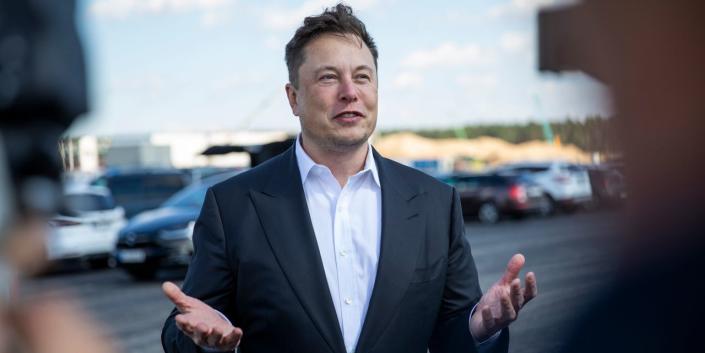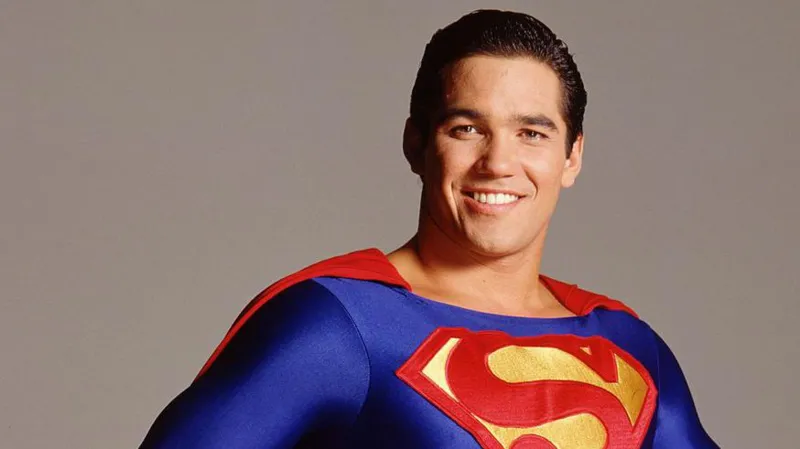Elon Musk’s Influence Over Tesla’s Board in Focus as Tesla Compensation Trial Kicks Off

A Tesla shareholder, Richard Tornetta, is seeking to nullify Mr. Musk’s 2018 compensation grant, alleging that Mr. Musk controlled the board’s consideration of his pay package and failed to disclose crucial information to shareholders, who signed off on it. The package is worth around $51 billion at recent share prices.
Ira Ehrenpreis, who ran point for Tesla’s board in devising the plan, testified that the pay package featured “extraordinarily ambitious and difficult” hurdles and was meant to keep Mr. Musk, a serial entrepreneur, engaged in the car maker. Mr. Musk owned around 22% of Tesla at the time and had close ties to several directors.
Mr. Ehrenpreis and Todd Maron, then Tesla’s general counsel, said Mr. Musk didn’t dictate the terms of the grant, which vests based on Tesla’s valuation and achievement of various milestones.
The plaintiff also alleges the deal was unnecessary to motivate Mr. Musk. A plaintiff’s attorney pointed to a May 2017 Tesla earnings call in which Mr. Musk said he planned to be actively involved in the company for the rest of his life.
A cross-examination of Mr. Ehrenpreis by a plaintiff’s attorney zeroed in on the extent to which the compensation plan aligned with what Mr. Musk sought. Mr. Ehrenpreis said board members considered multiple options before settling on the plan shareholders eventually endorsed.
Mr. Musk, who doesn’t accept a salary from Tesla, has secured all but one of the 12 tranches of options available under the grant based on Tesla’s having achieved various targets.
The company’s market capitalization has increased roughly 10-fold since shareholders signed off on the CEO’s pay package in March 2018, helping Tesla become the world’s most valuable car maker and Mr. Musk its wealthiest person.
A plaintiff’s attorney, during his cross-examination of Mr. Ehrenpreis, showed an email in which Mr. Musk told Mr. Maron, the former general counsel, that he wanted to urge a shareholder to divest from Tesla if the shareholder didn’t approve the pay package.
The investor voted against the pay package and later added to its Tesla holdings, Mr. Maron later testified.
Chancellor Kathaleen McCormick, the judge in the five-day, nonjury trial, isn’t expected to issue a verdict for months after the trial concludes. The judge also presided over Twitter Inc.’s lawsuit seeking to compel Mr. Musk to close his $44 billion deal for the social-media company. The transaction closed late last month, before the case went to trial.
Mr. Musk is expected to take the stand Wednesday. Mr. Maron is poised to conclude his testimony Tuesday. Also due to testify this week are former Chief Financial Officer Deepak Ahuja, board chair Robyn Denholm, board member James Murdoch and former board members Antonio Gracias and Brad Buss.
The trial comes at a busy time for Mr. Musk, who has been making his mark on Twitter, laying off around 50% of its staff and implementing various product changes. He also runs rocket company SpaceX.
“I have too much work on my plate, that is for sure,” Mr. Musk said in a virtual appearance at a conference in Indonesia Monday.
Lawyers representing the current and former board members say shareholders were fully informed when they signed off on Mr. Musk’s 2018 pay package.
“At a critical juncture for the Company, the Plan motivated Musk to focus his exceptional talents on Tesla when Musk’s future with Tesla was uncertain, especially given his other interests and opportunities,” they said in a court filing.
Employee stock options have been at the heart of several controversies at Tesla, where the question of who should benefit from the company’s stratospheric rise has led to tension, The Wall Street Journal recently reported. An issue of broader concern for Mr. Musk has been that some employees were making more at Tesla than he thought their contributions merited.
-wall street journal







